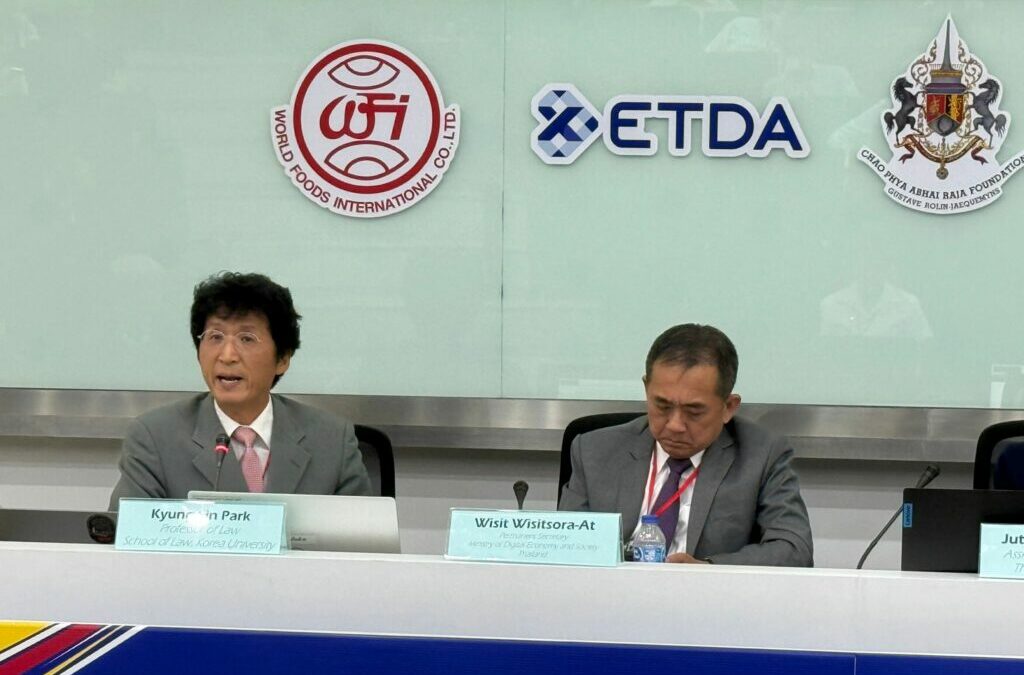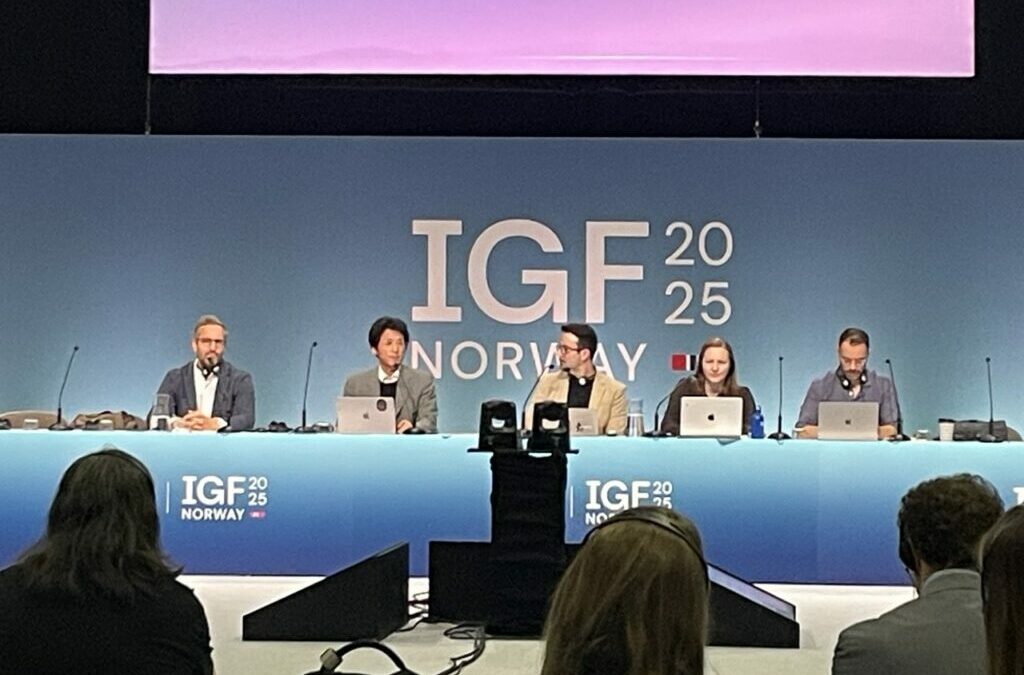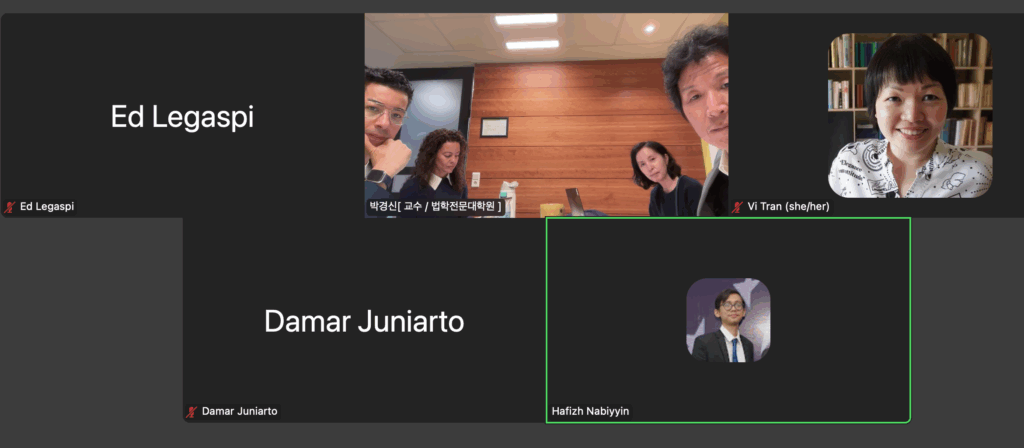The Court Held the System Unconstitutional for ‘Infringement on the Freedom of Anonymous Expression’ in the Constitutional Complaint Filed by Open Net
On January 28, 2021, the Constitutional Court struck down the Internet real-name system for the election period as unconstitutional in the constitutional complaint filed by Open Net Korea. Open Net represented an Internet press agency MediaToday and an Internet user in the case. The Constitutional Court held in a 6-to-3 decision that the provisions of the Public Official Election Act stipulating the so-called ‘Internet real-name system for the election campaign period,’ which requires Internet press agencies to identify real names of users through technical measures when allowing them to post information supporting or opposing a political party or candidate on the agencies’ websites, are unconstitutional (2018Hun-ma456, 2018Hun-ga16, 2020Hun-ma406 (consolidated), 28 January, 2021).
The Constitutional Court set out the following in its decision: “If we regulate anonymous political expressions on the bulletin boards of websites according to the provisions, the general public will refrain from expressing criticism under self-censorship due to concerns over political retaliation. This suppresses the exchange of diverse opinions in the free marketplace of ideas formed by the Internet, which could atrophy expression of views of the people and hinder the free formation of public opinion on which democracy stands.”; “Preemptive and comprehensive regulation of all anonymous expressions will excessively restrict the freedom of anonymous expression and the right to informational self-determination by prioritizing administrative and regulatory convenience over freedom of expression.”; and “[t]he provisions restrict the freedom of anonymous expression and the freedom of the press by forcing users to verify their real names on the Internet press agency’s bulletin boards, etc. during the campaign period when political expressions are most critical. And in order to prevent the negative effects of anonymous expression, all anonymous expressions are being restricted, resulting in the restriction of the right to informational self-determination of a great majority of the people. Such disadvantages can never be underestimated even in comparison to the public interest of maintaining fairness in elections.”
The general Internet real-name law (or the identity verification system on the Internet) was declared unconstitutional in 2012, but the election real-name law has been found constitutional several times and has been firmly maintained. Guaranteeing the freedom of political anonymity during the election period is of utmost importance to ensuring that political and social minorities’ opinions can be reflected in elections forming representative institutions without risk of political retaliation or discrimination. However, the election real-name law was an evil law that preemptively and comprehensively forfeited this freedom.
It was not an exaggeration to say that the law applied to virtually all Internet spaces because the Internet press agency subject to the law included large portals to small Internet media companies, and depending on the interpretation, could also include so-called ‘one-person media.’ Internet press agencies that valued the guarantee of users’ freedom of anonymous expression, or many Internet press agencies that could not afford the real-name verification system due to technical and cost burdens, had stopped operating comments sections or bulletin boards during each campaign period. This decision effectively brought the entire “Internet real-name system” in South Korea to an end as online media will no longer be compelled to check their users’ real names during the election period.
Open Net was founded in the wake of the victory in the constitutional challenge against the general Internet real-name law in 2012. Since then, under the flag of the freedom of anonymous expression on the Internet, we have carried out public interest litigation against other real-name laws such as the game real-name system and so on. Open Net also filed this constitutional complaint on behalf of MediaToday, a media company that shares the same belief in protecting the freedom of anonymous expression. Open Net wholeheartedly welcomes the Constitutional Court’s decision advancing the meaning of the Internet and protection of free speech by reaffirming the unconstitutionality of the “Internet real-name system” and hopes that the decision puts an end to continued regressive calls for the return of the Internet real-name system.
February 1, 2021
Open Net Korea



0 Comments